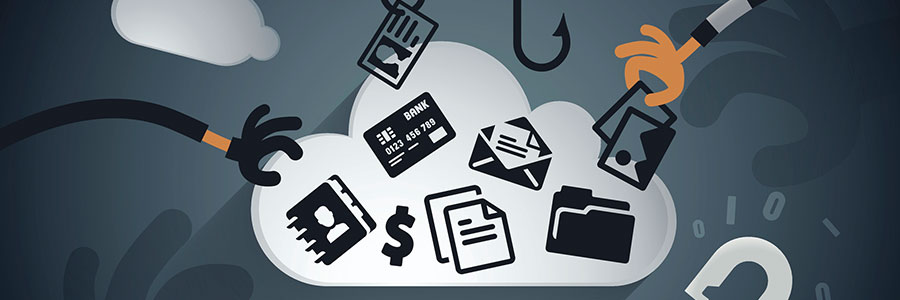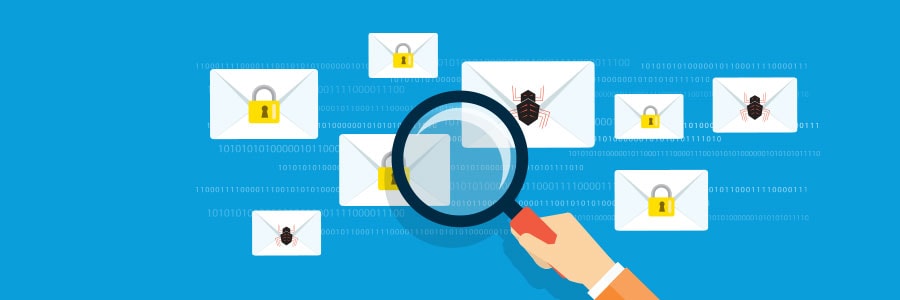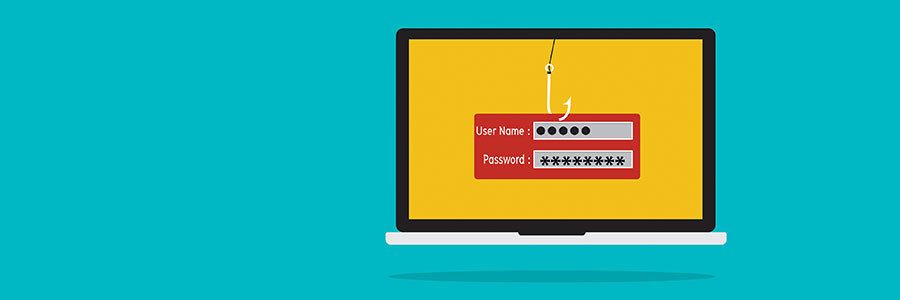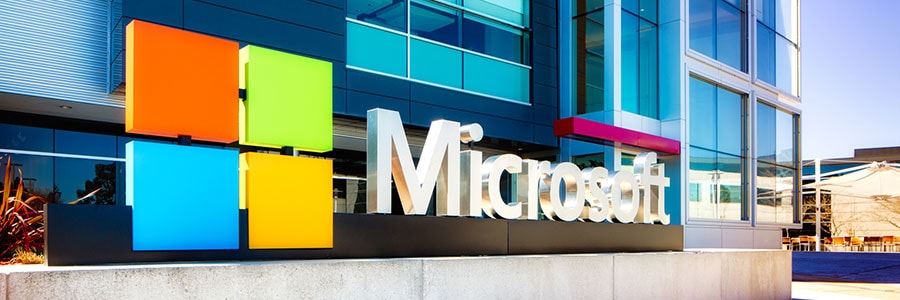Users get around 200 emails in their inbox a day, including work messages, automated payment slips, and everyone’s least favorite email, spam. Spam messages are mostly harmless, but when you get more than 10,000 of them flooding your inbox, you’re probably the victim of a special type of spam attack.
Meltdown and Spectre fixes cause problems

It’s been three weeks since one of the worst IT security vulnerabilities in history was announced, and consumers are still receiving mixed messages about how to protect themselves. We usually encourage users to install software updates as often as possible, but when it comes to Meltdown and Spectre, that advice comes with an asterisk.
Think before saving logins to your browser

There are a number of reasons you should be wary of saving your password to a digital platform. Just look at Yahoo’s data breach in 2013, which leaked passwords for three billion people. Even when your password isn’t compromised, saving it to a browser could have serious implications for your privacy.
Phishers use encrypted sites to scam

Just when you thought cyber criminals couldn’t get smarter, along comes a new scamming technique. Previously used for safeguarding browsing activity, encryption tools are now used by hackers in carrying out phishing scams. This means some fraudulent sites may have HTTPS on their address, giving users a false sense of security.
Cybersecurity Essentials: VPN

Whether it’s because of government surveillance or cyberattacks, internet users are more concerned than ever about the privacy of their online activities. Unfortunately, security measures like firewalls and antivirus software can’t help you in this case, but there’s one that can: Virtual Private Network (VPN).
What is VPN?
Simply put, a VPN is a group of servers you connect to via the internet.






